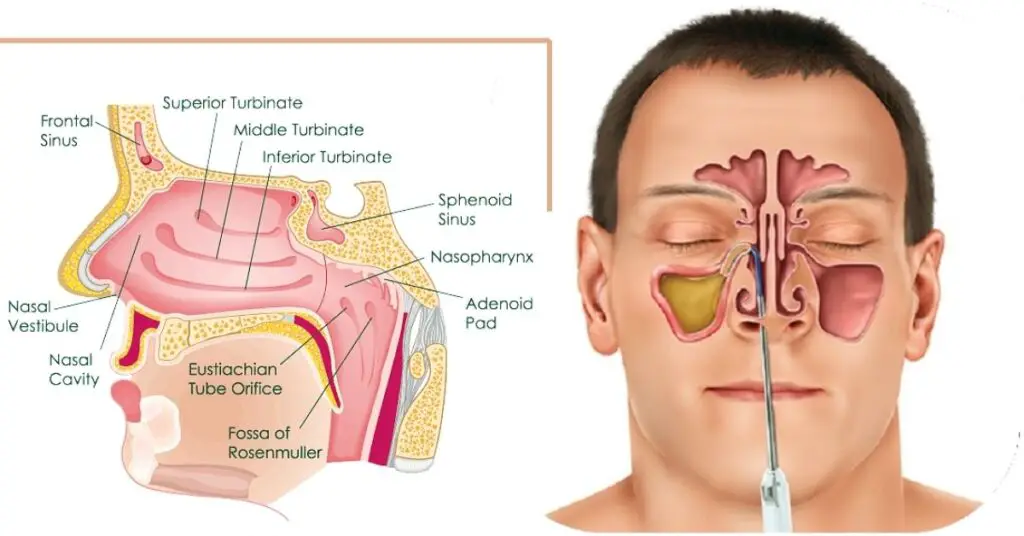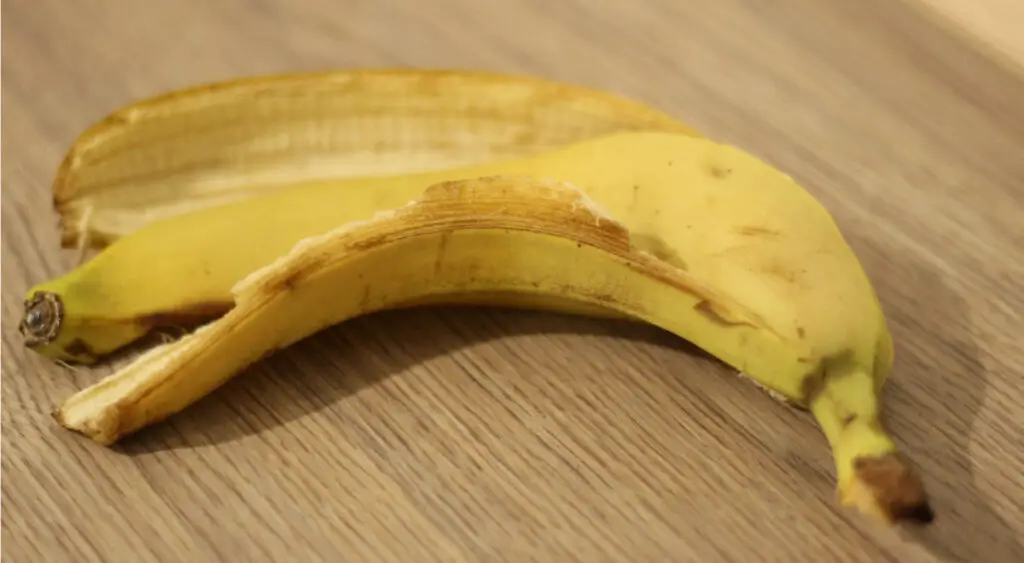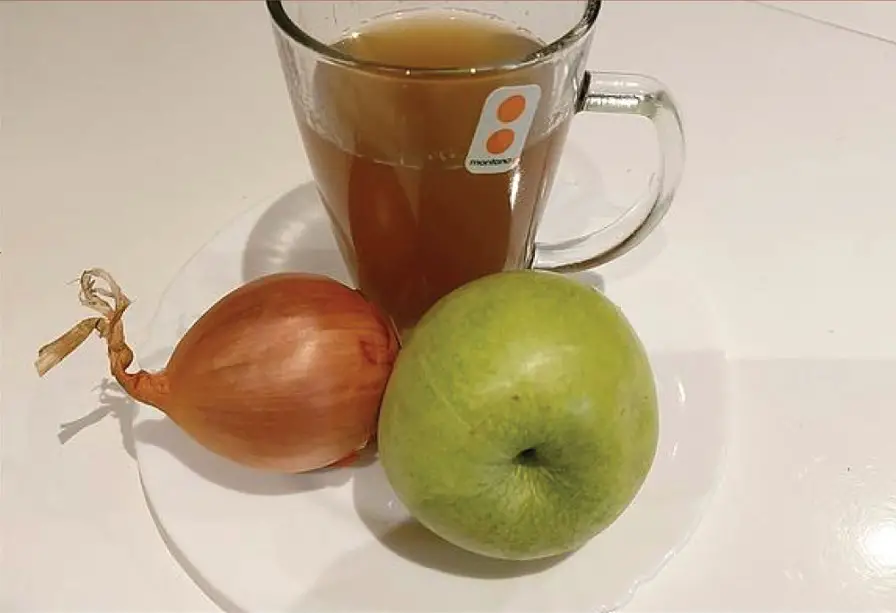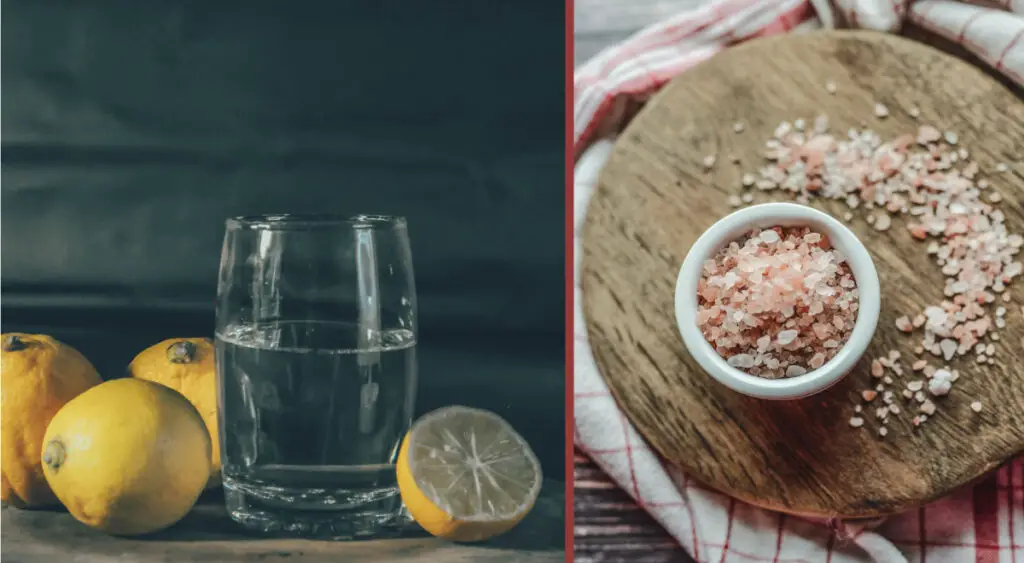When gas builds up in the stomach, it causes abdominal bloating. Even though the digestive processes produce gas, people think that passing gas in front of other people is dreadful.
However, people pass gas, a condition known as flatulence, 10 times per day. It is a normal thing.
When colon bacteria ferment ingested carbohydrates in the small intestine, gas is formed in the stomach. These carbohydrates usually come from fiber-rich fruits, vegetables, peas, beans, and whole grains. Distention is a condition when gas and bloating make the stomach swollen.
Causes of gas and stomach bloating
Some of the most common causes of gas and bloating are:
- Gulping or swallowing air
- High levels of bacteria in the small intestine
- Premenstrual syndrome
- Stress
- Consuming carbonated drinks
- Anorexia
- Overeating
- Smoking
- Chewing gum or candies
- Water retention
- Constipation
- Peptic ulcer
- Certain medicines
There are certain medical conditions, which can also lead to bloating. They include:
- Ovarian cancer
- Celiac disease
- Inflammatory bowel disease
- Ascites and tumor
- Irritable bowel syndrome
- Dumping syndrome
- Pancreatic insufficiency
Symptoms of gas and stomach bloating
Some of the most common symptoms of gad and bloating are:
- Reduced appetite
- Bad breath
- A coated tongue
- Abdominal cramps
- Spasms
- Belching
- Burping
- Pain in the stomach
- Flatulence
- Shortness of breath
- Pain in the lower back
- Diarrhea
Traditional remedies for gas and bloating
There is a variety of traditional remedies that can help you treat gas and bloating. One way is to eliminate fizzy drinks, carbohydrates, and salty food from your diet. Moreover, it is considered that some foods, such as wheat, stone fruits, rye, garlic, and onion can trigger this condition.
Other ways to treat gas and bloating depend on their cause:
1. Constipation
Constipation occurs when ingested food stays in the bowel, leading to the production of gas and fermentation.
If bloating is caused by constipation, you should increase the intake of fiber-rich foods and drink plenty of fluids.
Moreover, staying active is very important while treating bloating.
2. Inflammatory bowel disease or Coeliac disease
When inflammatory bowel disease or Coeliac disease leads to bloating, you should stick to a balanced diet, which is low in dairy products, grain, and wheat.
3. Food intolerance
Food intolerance can cause a buildup of gas in the stomach. To find out the foods that your body does not tolerate, you should follow an elimination diet under the guidance of your dietitian.
10 Natural remedies for treating gas and bloating
Here are some natural ways that can help you relieve gas and stomach bloating:
1. Fennel seeds
Fennel seeds can be used as a digestive aid and mouth freshener.
Here is what you need to do:
- Chew fennel seeds after your meals
- In a cup of hot water add 1 teaspoon of fennel seeds. Cover it and let it steep for 5 – 10 minutes. Consume this tea 2 – 3 times a day.
2. Peppermint
Peppermint is rich in menthol oil, which relieves the symptoms of irritable bowel syndrome and prevents gastrointestinal spasms. Moreover, peppermint can treat flatulence.
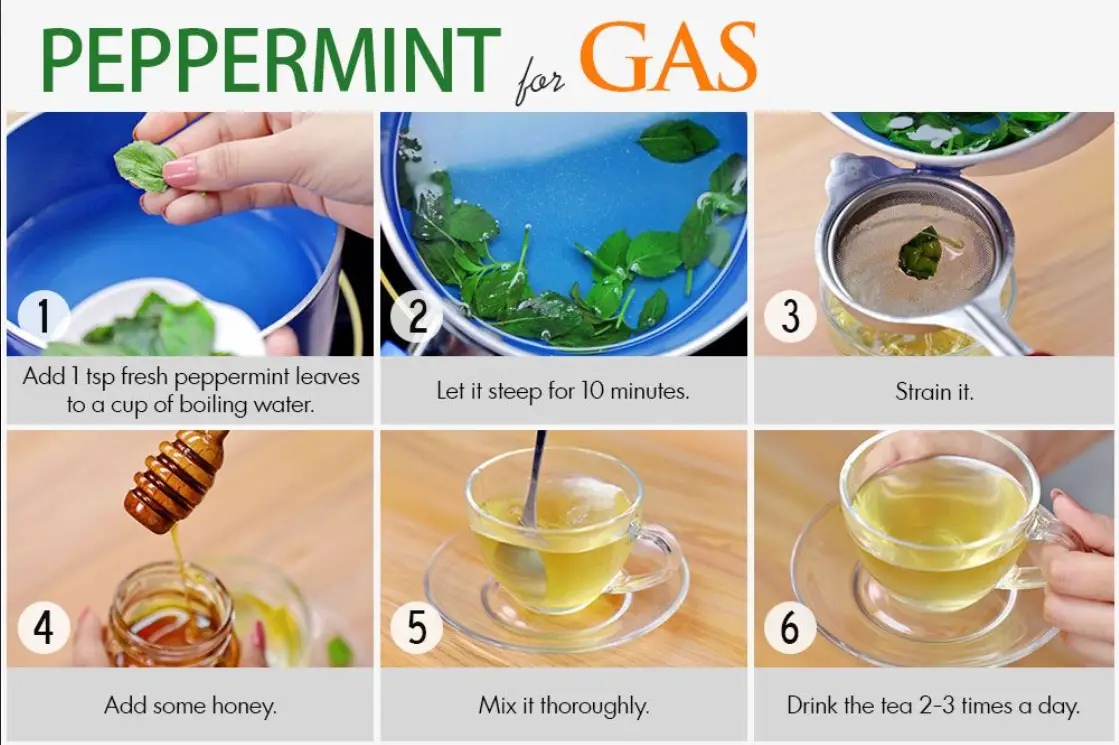
Here is what you need to do:
- Chew fresh peppermint leaves to relieve stomach bloating
- Consume peppermint tea 2 – 3 times per day.
3. Ginger
Ginger is another natural remedy for treating gas and bloating. It contains gingerols and shogaols, active components, which treat numerous health ailments, including digestive issues, flatulence, nausea, dyspepsia, and pain in the abdomen.
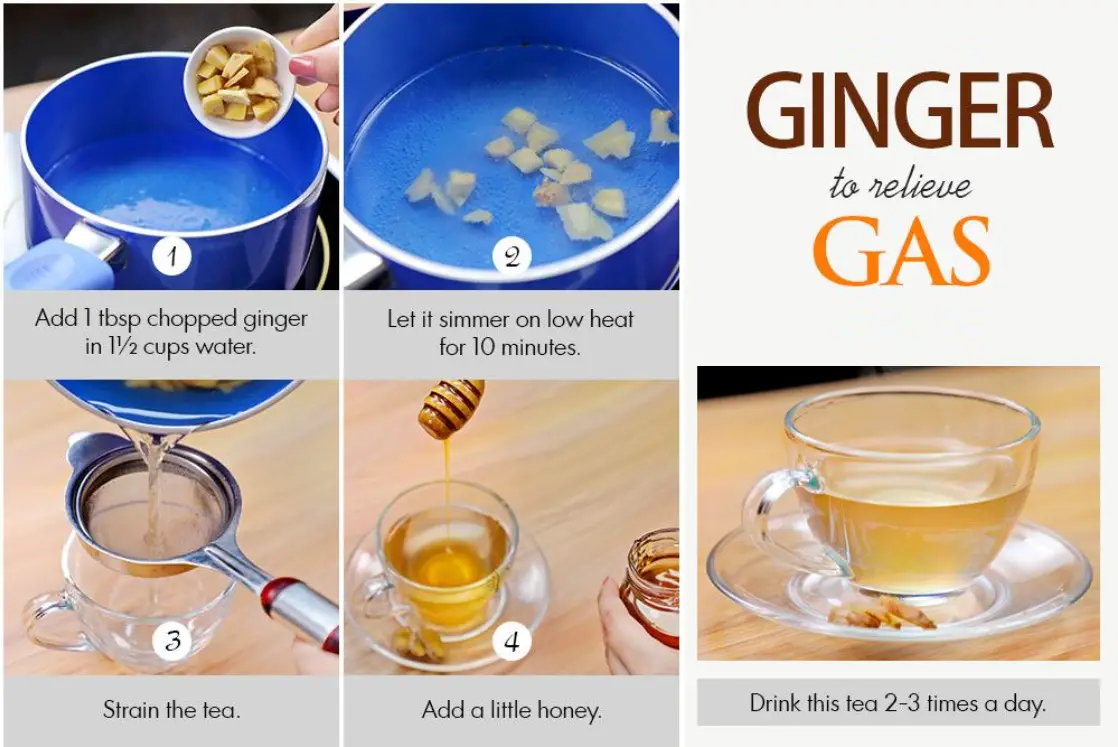
Here is what you need to do:
- In a cup of boiling water add 5 – 6 slices of ginger. Cover it and let it steep for 10 minutes. Add lemon juice and honey to taste. Consume it 3 times a day.
- Consume a teaspoon of freshly grated ginger before each meal.
- Adults can also take 0.25 – 1 g of ginger powder.
4. Chamomile tea
Chamomile tea is very beneficial for treating gas and bloating. It is used to relax the digestive tract, relieve flatulence, and gastrointestinal irritation.
Here is what you need to do:
- Put a bag of chamomile tea in a cup of boiling water. Cover it and let it steep for 10 minutes. Add lemon juice to taste. Consume chamomile tea 2 – 3 times per day.
5. Caraway seeds
Caraway seeds possess potent antispasmodic, antimicrobial, and carminative properties. Carvene and carvol found in caraway seeds can relieve the muscle tissues of the digestive tract and prevent gas and bloating.
Here is what you need to do:
- Chew caraway seeds throughout the day.
- Prepare a caraway tea to relieve bloating.
6. Turmeric
Turmeric contains curcumin, an active compound that promotes bile production in the gallbladder. Bile combines with the food we consume and promotes the digestive processes and the absorption of fat-soluble vitamins and fat in the small intestine.
Here is what you need to do:
- Mix ½ a teaspoon of cinnamon powder, 1 tablespoon of turmeric powder, and 2 tablespoons of raw honey in a cup of coconut or almond milk. Heat the mixture in a pan until it starts to boil. Cool the mixture and consume it.
7. Asafetida
Asafetida is very effective at relieving gas. Due to its antispasmodic and anti-flatulent effects, asafetida can treat digestive issues, such as intestinal gas and indigestion.
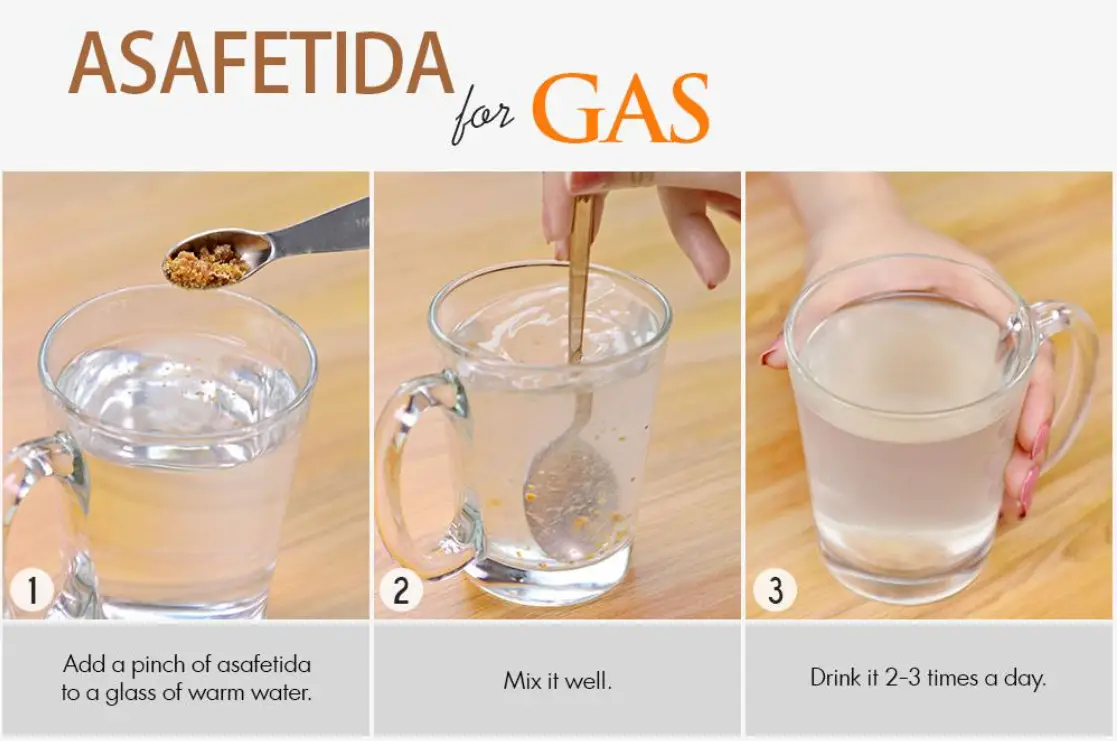
Here is what you need to do:
- In a cup of warm water add a pinch of asafetida and mix it well. Consume it 2 – 3 times per day.
- Add a bit of asafetida into a ripe banana and consume it. Repeat it twice a day.
- Mix water and asafetida and apply the paste to the stomach. Let it stay for a couple of minutes.
8. Cumin
Thanks to its anti-inflammatory, antiseptic, and antibacterial properties, cumin can improve the function of the digestive tract, stimulate blood flow, and treat digestive issues, such as gas, constipation, indigestion, and bloating.
Here is what you need to do:
- In a cup of water add a pinch of pink sea salt and a pinch of ground cumin and mix it well.
9. Cinnamon
Cinnamon relieves abdominal pain and prevents bloating. Moreover, it can prevent the formation of gas by reducing the release of pepsin and gastric acid from the stomach walls.
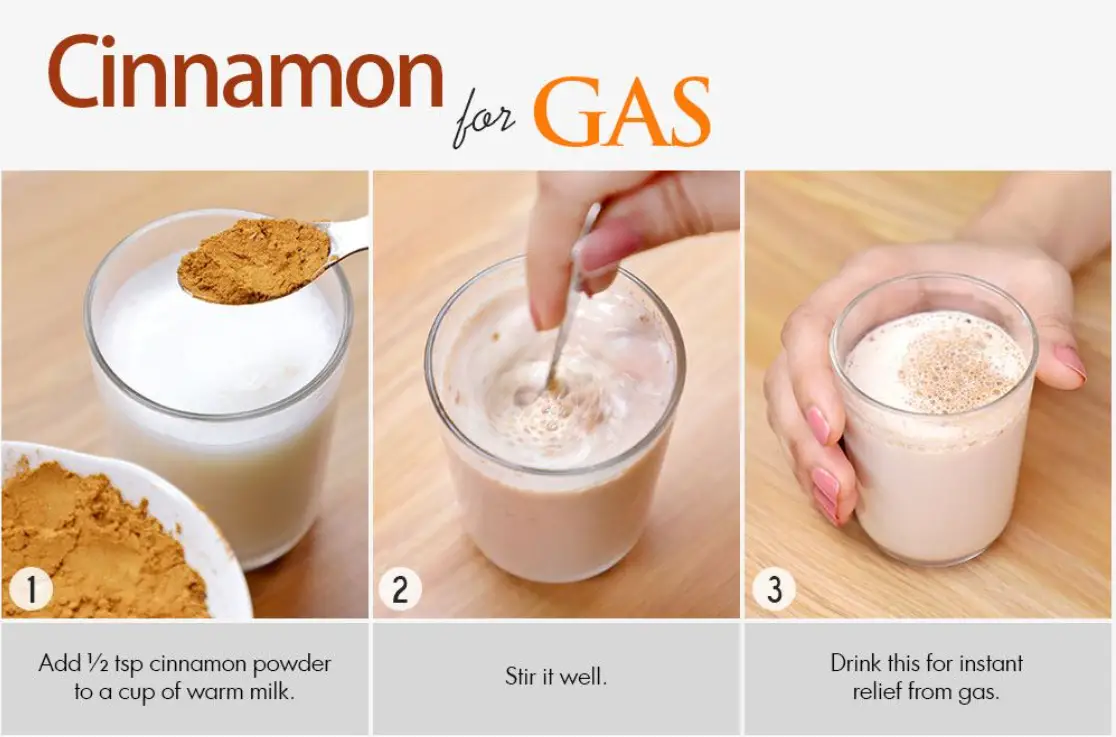
Here is what you need to do:
- In a cup of warm milk add half a teaspoon of cinnamon powder. Stir it and consume the milk. You can add honey to taste.
- Prepare cinnamon tea by adding ½ a teaspoon of cinnamon powder to a cup of boiling water.
10. Anise tea
Due to its antispasmodic properties, anise tea can calm down the muscles of the digestive tract, and aid in digestion and food movement.
Also, anise possesses potent carminate effects, which help eliminate gas and prevent flatulence.
How to prevent gad formation and bloating?
Making some dietary and lifestyle changes can help you prevent the gas formation and stomach bloating. These include:
- Eat slowly and chew the food you consume properly. It will break down the food easily.
- Reduce the intake of fizzy drinks, such as carbonated drinks and soda.
- Sit down while you eat.
- Eliminate foods that stimulate flatulence and other gas issues.
- Do regular exercise. One way to improve food digestion is to take a stroll after each meal.
- Give up smoking
- Increase your fluid intake to prevent the buildup of gas and constipation.
- Do not chew gums that contain sorbitol.
- Avoid drinking through straws
- Avoid talking while chewing the food


